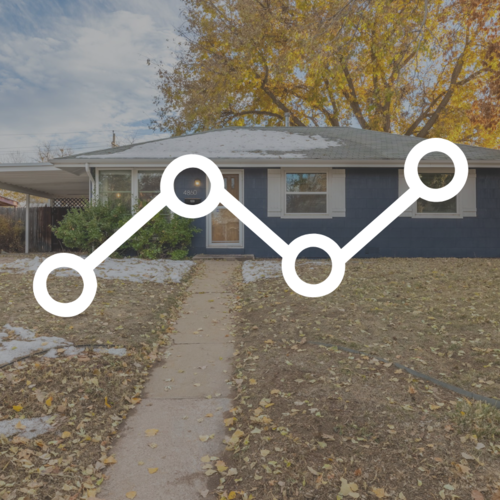If you’re thinking about selling your home in Colorado, one of the first things to consider is the paperwork you’ll need to complete the transaction. From contracts to disclosures, selling a home involves a fair amount of documentation, and understanding what’s required can help the process go more smoothly. Here’s a breakdown of the essential paperwork you’ll need as a seller in Colorado.
1. Listing Agreement
The listing agreement is the contract between you and your real estate agent that formally gives them permission to list your property. It outlines key details like the listing price, commission rate, and the terms of your working relationship with the agent. The listing agreement also covers how long the agent will represent you and specifies any other services they’ll provide to help sell your home.
2. Seller’s Property Disclosure
Colorado law requires sellers to fill out a Seller’s Property Disclosure form. This document is a comprehensive checklist that gives buyers an honest assessment of the property’s condition, covering everything from the roof and HVAC systems to plumbing and electrical. By disclosing known issues upfront, you’re helping build trust with potential buyers and reducing the risk of disputes after the sale.
3. Lead-Based Paint Disclosure (for Homes Built Before 1978)
If your home was built before 1978, you’ll need to complete a Lead-Based Paint Disclosure. This federal requirement informs buyers about any known lead-based paint hazards in the home and provides them with the EPA’s lead safety pamphlet. Even if you aren’t aware of any lead-based paint in your home, the form must still be completed.
4. Colorado Real Estate Commission-Approved Contracts
In Colorado, real estate transactions typically use contracts approved by the Colorado Real Estate Commission (CREC). The main document here is the Contract to Buy and Sell Real Estate, which outlines all the terms of the sale. This contract includes essential details like the purchase price, closing date, and any contingencies (like inspections or financing) that must be met before the sale is finalized.

5. Closing Statement (also known as the Settlement Statement)
The closing statement provides a breakdown of all the financial details of the transaction. This includes the purchase price, any closing costs, agent commissions, property taxes, and loan payoffs. It’s a comprehensive document that outlines exactly who pays what and how much you’ll receive from the sale. You’ll review this statement before closing to ensure accuracy.
6. Title Documents
As part of the sale, you’ll need to provide a clear title to the buyer. A title company will conduct a title search to confirm that there are no liens or claims on your property. This process protects the buyer from any future disputes over ownership. The title company will also provide you with a title commitment, which you’ll need to share with the buyer to prove clear ownership of the property.
7. Deed
The deed is the legal document that officially transfers ownership of the property from you to the buyer. This is usually handled at closing, and the title company or closing agent will help you execute the deed correctly. In Colorado, the most common type of deed used in real estate transactions is a Warranty Deed, which guarantees the property’s title is clear of any issues.
8. Loan Payoff Statement (if applicable)
If you have a mortgage on the property, you’ll need a loan payoff statement from your lender. This document shows the outstanding balance on your loan, including any applicable interest and fees, which will be paid off at closing. The amount is deducted from your proceeds, so it’s good to review this statement beforehand to understand how much you’ll receive after the sale.
9. Homeowners Association (HOA) Documents (if applicable)
If your property is part of a Homeowners Association, you’ll need to provide HOA documents to the buyer. This may include the association’s rules and regulations, financial statements, and details on monthly dues or special assessments. In Colorado, the HOA is typically required to furnish these documents, but it’s still your responsibility as the seller to ensure they’re delivered to the buyer in a timely manner.
Getting Help with Your Paperwork
Selling a home involves a lot of paperwork, but having the right support makes it manageable. A real estate agent experienced in Colorado transactions will guide you through each document, ensuring that everything is complete, accurate, and on time. They’ll also help you understand any legal obligations and answer questions along the way.
If you’re considering selling and want to know more about the paperwork involved, feel free to reach out. I’m here to make the process as smooth as possible and help you feel confident with each step in your home sale.




